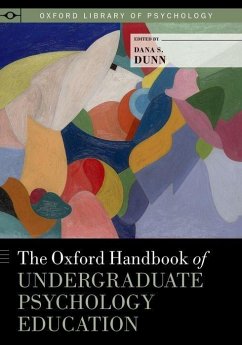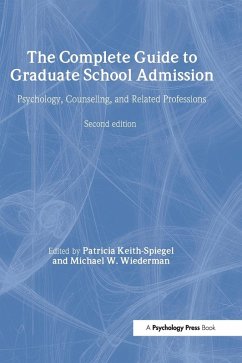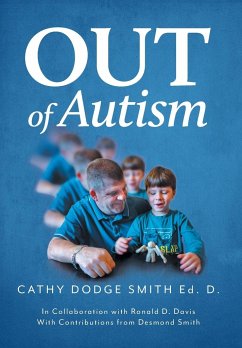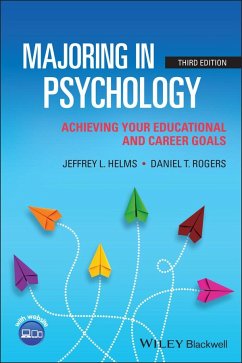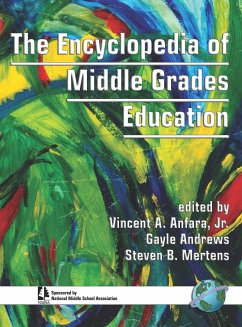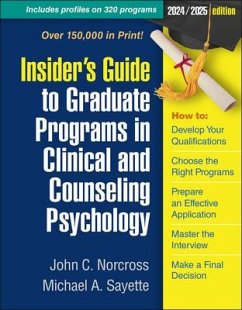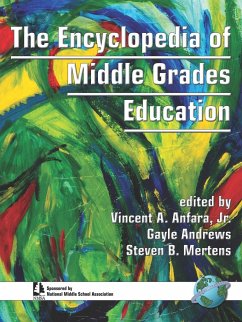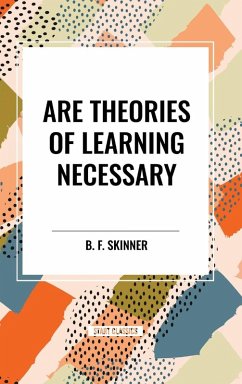
The Oxford Encyclopedia of Educational Psychology
Versandkostenfrei!
Versandfertig in über 4 Wochen
403,99 €
inkl. MwSt.

PAYBACK Punkte
202 °P sammeln!
The Oxford Encyclopedia of Educational Psychology is the first reference work on educational psychology that can truly be said to be comprehensive, systematic, theory-driven, and evidence-based. This collection of full-length articles by leading scholars specializing in a wide array of topics signifying the diverse origins and theoretical and philosophical foundations of the field situates educational psychology within the larger contexts of psychology and education. The Encyclopedia also distinguishes itself by its strong international representation - in terms of not only its contributors bu...
The Oxford Encyclopedia of Educational Psychology is the first reference work on educational psychology that can truly be said to be comprehensive, systematic, theory-driven, and evidence-based. This collection of full-length articles by leading scholars specializing in a wide array of topics signifying the diverse origins and theoretical and philosophical foundations of the field situates educational psychology within the larger contexts of psychology and education. The Encyclopedia also distinguishes itself by its strong international representation - in terms of not only its contributors but also the sources of the literature. Contributors from different parts of the world have incorporated relevant theoretical perspectives and empirical work conducted in diverse cultures into the broader context of the topics they examined. The articles are not simply reflections of individual contributors' perspectives; rather, they are systematic and in-depth reviews of various domains of educational psychology. The Encyclopedia has advanced the field of educational psychology by offering new insights into the intricate relationships among the various mechanisms operating in educational psychology by integrating existing empirical work grounded in contemporary and classical theoretical constructs and perspectives from multiple academic fields, and by incorporating new knowledge created as a result of new social, economic, and technological developments. At the same time, the material presented in this work should have practical implications for practitioners in education and beyond in their efforts to foster positive educational outcomes and to design congenial work environments and improve organizational effectiveness. Indeed, all individuals who are engaged in learning, whether it be school learning or everyday learning, should find aspects of the underlying learning principles and empirical findings documented in this Encyclopedia interesting, relevant, and useful.



